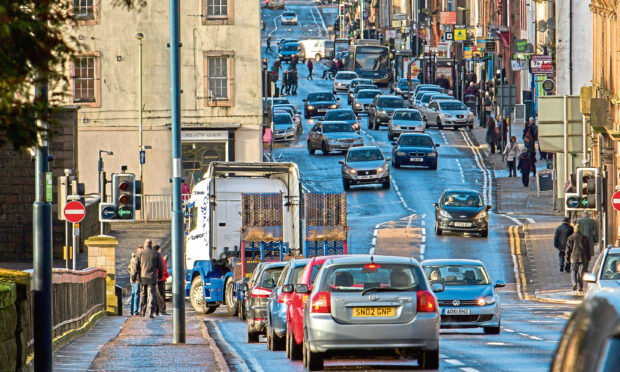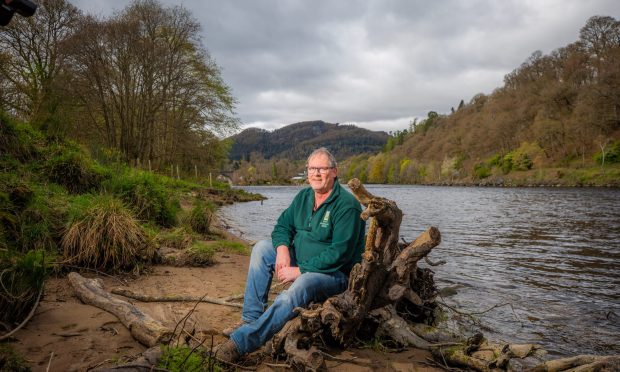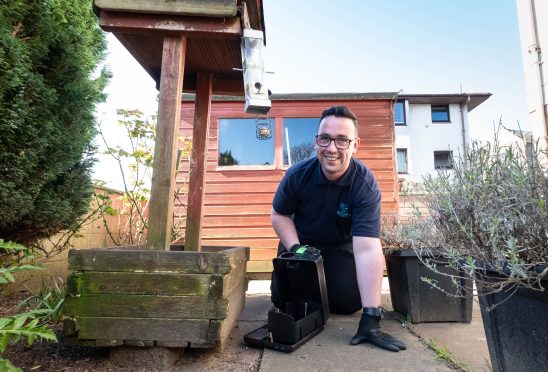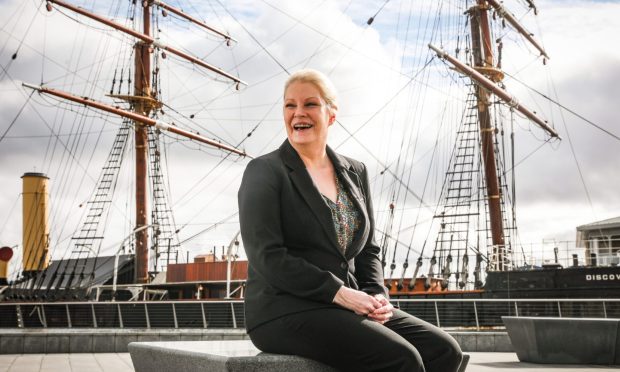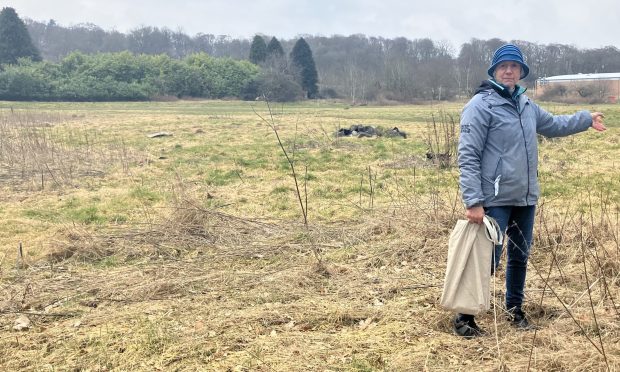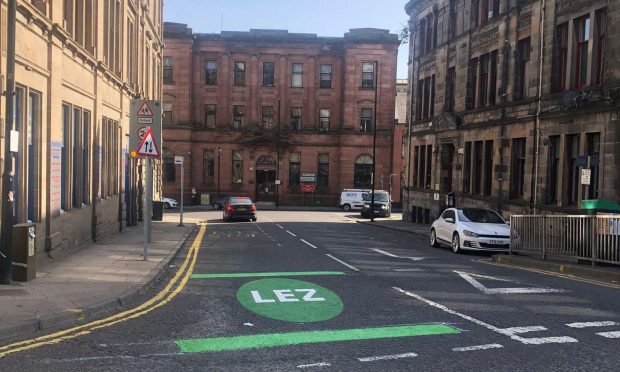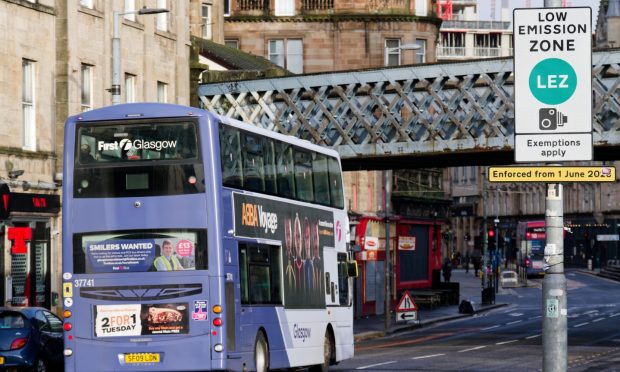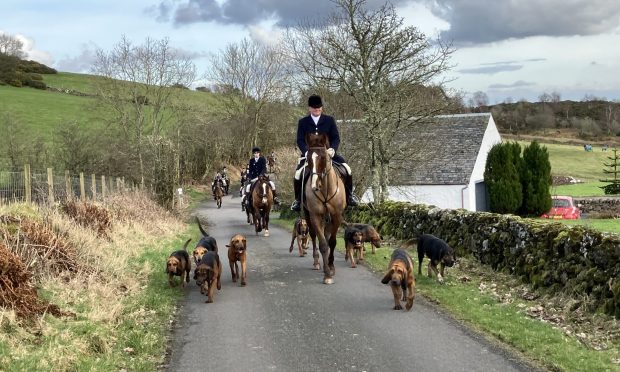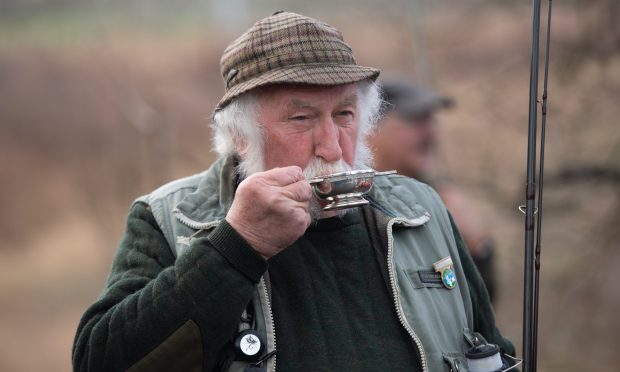Sir,– If cars are to be banned from urban streets (“Perth now only Scottish city to oppose car bans”, Courier, October 22), then city businesses will suffer.
There would also be no real benefit to the public from reducing motor exhausts since, of course, other motorised transport – including buses, heavy lorries, vans and so on and so forth – will continue to use the roads, with many such vehicles depending on older engines with dirtier exhausts.
The medical evidence of harm from motor exhausts, claimed to shorten the lives of 40,000 people per year, is much less convincing than it might appear.
The research showed a mere few weeks’ reduction in life-span and, unlike “real” deaths due to cyanide and other deadly poisons, the estimates of mortality depended rather on statistical computerised projections of data than on observed deaths.
Therefore, banning cars from city centres will not be usefully effective in preventing premature deaths.
This is especially the case when one bears in mind the continued road use by buses and goods-transporting vehicles. Your article points out that, according to a poll, Perth is the only city in Scotland where the majority of residents are opposed to a ban on city centre cars.
Excepting the Fair City from such a ban on urban cars will do no significant medical harm and would also avoid depressing the viability of Perth’s retail businesses in these already hard times for them.
Dr Charles Wardrop,
111 Viewlands Rd West,
Perth.
Locos plan was rightly refused
Sir, – Your article about the Cameron Railway project reports on the “disappointment” of the project’s trustees at the council’s refusal of planning permission (“Council blasted as steam locos plan hits buffers”, Courier, October 20). Those of us who regularly use the narrow, twisting and dangerous Balbuthie Road were disappointed that the trustees didn’t consult local residents, who could have told them that the road was totally unsuitable for extra visitor traffic, that the heavy construction vehicles would be damaging to the road and to adjacent properties, and that it would be impossible to get the railway engines round the various tight corners.
Fortunately the council’s careful and thorough judgment has been based on the multiple ways in which the proposed centre would clash with Fife’s stated policy on the use of agricultural land.
There is a well worked out local plan, and the planning authorities show in detail how the proposal conflicts with it.
Even if that were to be contested, the problem of access would remain.
The submitted plan proposes some new “passing places”, but these themselves, close to blind corners and existing driveways, form new safety hazards on top of the ones the road itself already presents.
Tom Wright,
Hilton Cottage,
Kilconquhar.
Lack of support a big let down
Sir, – I read with disbelief that Fife Council had refused permission to the Cameron Trust to build premises to store the Union of South Africa and the Great Marquis, both steam locomotives, which will soon lose their certificates to operate on the main line.
It is interesting that building of the premises will not cost Fife Council any money.
I just wonder if those who made this decision are aware that John Cameron purchased the Union of South Africa from British Railways when steam was withdrawn from the main line.
It was brought by rail to Crail and then by Pickfords heavy haulage to Lochty Farm where there was an engine shed and platform.
Trains were run from there to another station, Knights Ward, carrying passengers on part of the former Fife Central Railway branch.
This would have been done with the permission of the council at that time.
I took photographs of the arrival of the locomotive at Crail and the loading of it on to Pickfords road transport.
It is interesting how councils used to make positive contributions to encourage local businesses to attract visitors to an area while the modern regional council appear to disregard this.
Thomas Rintoul,
4 Dunure Street,
Bonnybridge.
Frustrated by council’s stance
Sir, – As a former councillor, I was dumbstruck by the report explaining that Fife Council has kicked the plans for a visitor centre at Balbuthie, featuring world famous historic steam locomotives, into touch.
It is despicable and very narrow minded.
Worse, your report carries no mention of any views or attempts by any elected councillor on the matter.
We are, it seems, truly continental-ruled by book bound bureaucracy.
Why?
Mike Scott-Hayward,
Sawmill House,
Kemback Bridge.
Nuclear option is favourable
Sir, – The anti-nuclear movement cites nuclear accident as a reason to avoid this wonderfully clean way of generating endless electricity, and we have indeed had experience of such accidents.
However, they were not all that bad, and were caused by old technology, whereas the new is much safer.
The same applies to air travel.
We know that airliners crash, but we still travel because the risk to us as individuals is deemed to be acceptable.
This is particularly the case with reliable and modern engines and airframes.
Flights still disappear, or mush into the Atlantic of course, but so rarely as to be in the realm of the “that can never happen to me” level of personal justification.
So when people condemn nuclear as risky, they should ask themselves why they still fly.
Malcolm Parkin,
Gamekeepers Road,
Kinnesswood,
Kinross.
Governments act appallingly
Sir, – When a Russian assassination team carried out murder and attempted murder in Salisbury the British Government and the west were outraged and threatened retaliation, sanctions and all kinds of revenge.
What has happened as a result?
Nothing.
The matter has died down and been forgotten because Russia supplies the west with gas and a military response was out of the question.
Now a Saudi government murder squad appears to have killed and dismembered a man in Turkey and the world is aghast, but I note that no mention is made of retaliatory action or sanctions.
The furore will die down and the Saudi government might toss some small change to the victim’s family as compensation and give some of the murderers their P45s.
All this will pass as the Salisbury atrocities have passed because no one wants to jeopardise economic and military interests in the Middle East.
If we didn’t already know it, this shows that governments get away with murder.
George Dobbie,
51 Airlie Street,
Alyth.
Brexit an act of self-harm
Sir, – In the most recent issue of your sister paper, the Sunday Post, Mandy Rhodes of the Holyrood Magazine states that the only thing Theresa May will leave when we exit the EU will represent “the most gratuitous act of national self harm that any prime minister could inflict on her people in the disingenuous name of democracy”.
Surely the self harm was caused by David Cameron and the voters who believed the lies told by senior politicians when we voted to leave the EU?
Theresa May has not had an easy time doing her best to negotiate with EU politicians while friend and foe alike have berated her for the errors they perceive in her negations and yet not offering their alternative solutions to the problem.
A A Bullions,
6 Glencairn Crescent,
Leven.
Southerners should have say
Sir, – I have not seen any publication of reports in Scotland’s newspapers to show what the people of southern Ireland think about Brexit.
Could these people be given a referendum to see if they would accept whether there should be a proper border again between both countries?
Bob Crozier,
3 Main Street,
Coaltown of Balconies,
Glenrothes.
